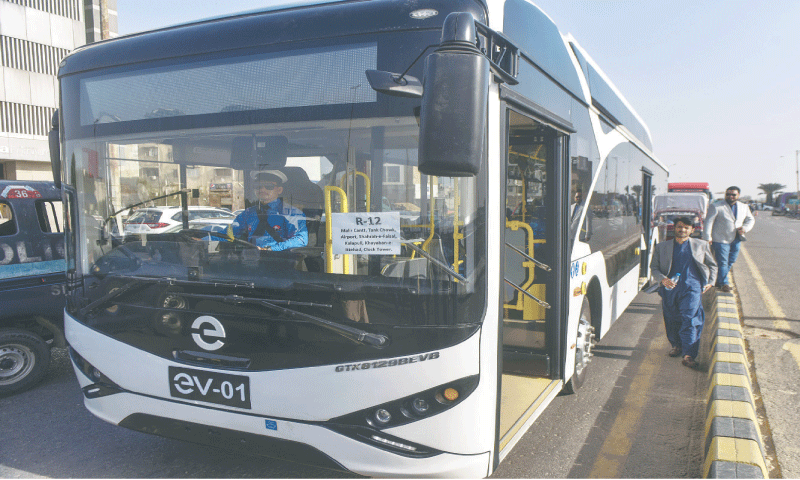ISLAMABAD: Pakistan is one of the 15 largest users of tobacco in the world. Every hour, 12 Pakistanis die of heart attacks largely due to smoking.
Moreover, over 50 chemicals used in cigarettes and other tobacco used for smoking cause cancer. As many as 438 people lose their lives every day due to tobacco use, said speakers at a seminar organised by Pakistan National Heart Association (Panah) on Thursday.
Retired Major General Masoodur Rehman Kayani, the head of Panah, said despite being a developing country Pakistan is one of the 15 countries which use tobacco extensively. The government should formulate an effective and comprehensive policy to make the younger generation aware of the harmful effects of smoking.
“We are working tirelessly to provide medical assistance to people suffering from heart diseases, especially children,” he said.
Pulmonologist, chest and intensive care specialist Dr Wajid Ali highlighted the causes of heart and other congenital diseases due to tobacco.
He said it was a matter of concern that every six minutes a person died of a heart attack due to smoking.
“Smoking causes various diseases, including heart, mouth, lung, esophageal cancer, diabetes and stroke. More than 160,000 people die every year in Pakistan due to smoking,” he said.
Panah General Secretary Sanaullah Ghumman said according to a World Bank Group 2019 report, higher tobacco taxes could help lower income societies to reduce tobacco consumption or stop using tobacco altogether because they will be able to transfer their money back to food, housing, education and health care.
“Research from several countries, including the World Health Organisation (WHO), has shown that raising taxes reduces tobacco consumption,” he said.
Country head of Campaign for Tobacco Free Kids Malik Imran said Prime Minister Imran Khan has allocated Rs4.87 billion in the budget for the Sehat Sahulat Programme while Rs143.3 billion have been spent on diseases caused by smoking.
“If the government asks for a surcharge of Rs10 per pack of cigarettes, which has also been approved by the cabinet, it will generate revenue of Rs40 billion which will not only reduce tobacco use but will also help in launching projects for health care,” he said.
Chief Executive Officer Human Development Foundation retired Col Azhar Saleem said according to a study low-income households spent 4.1 per cent of their budget on cigarettes while the economically affluent class spent 2.5 per cent on smoking. It is clear that poor people due to lack of knowledge spend more money on smoking and push their families towards economic exploitation.
Child Rights Organisation Executive Director Sajjad Cheema said the implementation of tax policies on harmful products would help in improving attitudes and reducing costs.
Published in Dawn, August 28th, 2020














































Dear visitor, the comments section is undergoing an overhaul and will return soon.